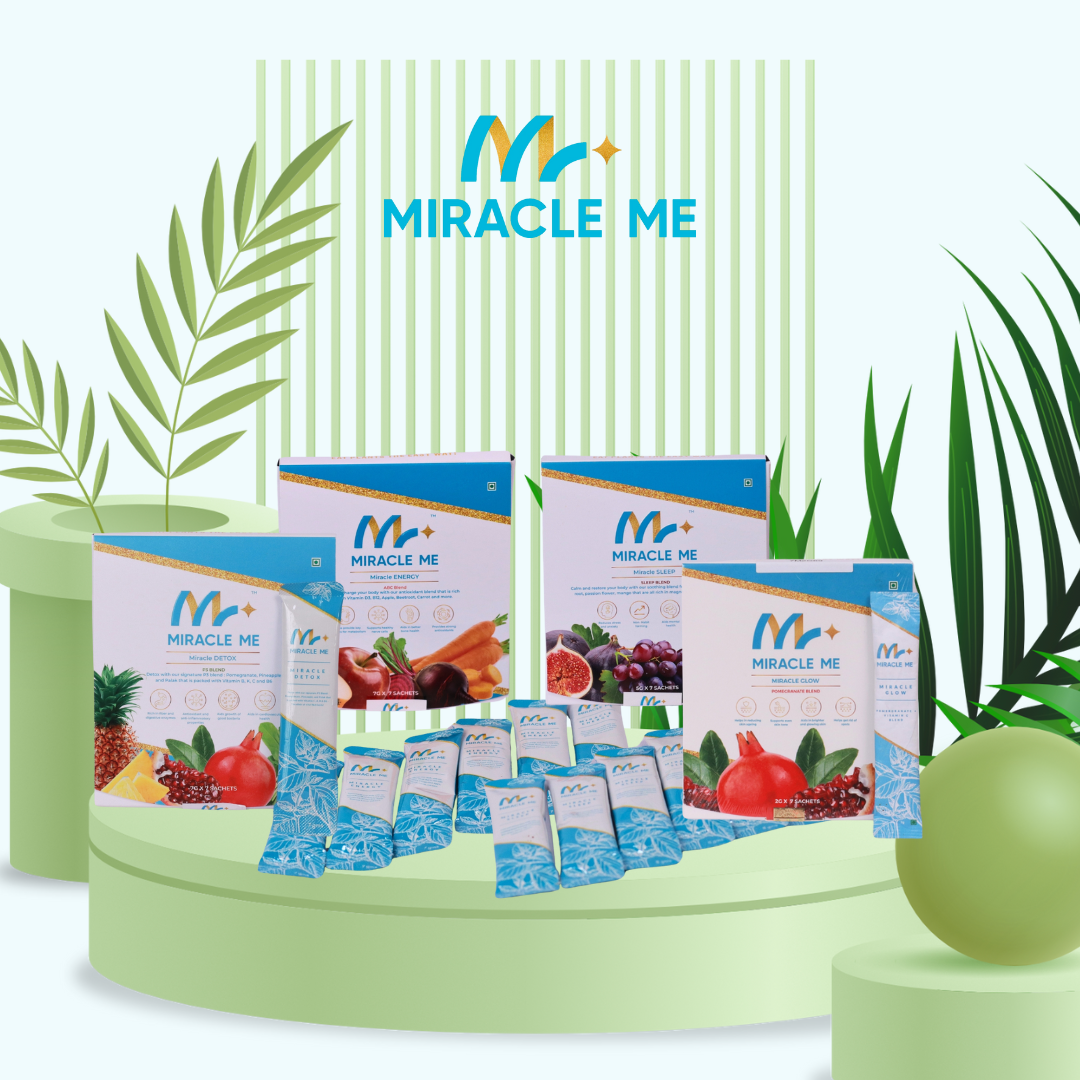For most women with early breast cancer, a single dose of targeted radiotherapy during surgery is just as effective as conventional radiotherapy, which requires several visits to hospital after surgery.
This combination of targeted radiotherapy (restricted to the area around the tumour) given immediately after surgery is called targeted intraoperative radiotherapy. Conventional radiotherapy involves repeat doses to the whole breast over several days after surgery.
The findings, published by The BMJ today, show that intraoperative radiotherapy is associated with around an 80% chance of avoiding a full course of conventional radiotherapy, fewer side effects and no difference in survival or likelihood of the cancer returning.
An international team of researchers set out to compare the long term effects of targeted intraoperative radiotherapy (TARGIT-IORT) with conventional whole breast external beam radiotherapy (EBRT) for women with early breast cancer.
Results from an earlier report of single-dose targeted intraoperative radiotherapy were promising, but doctors have been waiting for longer term results before adopting the procedure more widely.
The new findings are based on 2,298 women, aged 45 or older, who were eligible for breast conservation surgery (lumpectomy) at 32 centres in 10 countries in the UK, Europe, Australia, USA and Canada.
Between March 2000, and June 2012, 1,140 women were randomised to receive targeted intraoperative radiotherapy (TARGIT-IORT) and 1,158 received external beam radiotherapy (EBRT).
TARGIT-IORT was given as a single dose immediately after surgery as part of the same operation and under the same anaesthetic, while EBRT was given as a standard daily dose for 3-6 weeks after surgery.
The long term results show that TARGIT-IORT was no worse than EBRT. After five years of monitoring, the local recurrence risk was 2.11% for TARGIT-IORT compared with 0.95% for EBRT. This difference of 1.16% is not considered clinically significant.
In the first five years after surgery, there were 13 additional local recurrences (24 out of 1,140 vs 11 out of 1,158) but 14 fewer deaths (42 out of 1,140 vs 56 out of 1,158) with TARGIT-IORT compared with EBRT.
Over a longer follow-up period (average 8.6 years, maximum 18.9 years) there were no statistically significant differences in local recurrence-free survival (167 vs 147 events), mastectomy-free survival (170 vs 175 events), overall survival (110 vs 131 events) and breast cancer deaths (65 vs 57 events).
Deaths from other causes were significantly lower (45 vs 74 events) with TARGIT-IORT compared with EBRT. The major risk factors for such deaths (age and body mass index) were well matched between the groups.
The researchers point to some study limitations, such as possible overdiagnosis of non-invasive local recurrence affecting the results, and not collecting all the background risk factors for deaths from non breast cancer causes. However strengths included the randomised design, a large sample size with a long duration and high level of complete follow up, suggesting that the results are reliable and robust.
As such, the researchers say that for the large proportion of early breast cancer patients “risk adapted immediate single-dose TARGIT-IORT during lumpectomy is an effective alternative to EBRT, with comparable long-term efficacy for cancer control, and lower non-breast-cancer mortality.”
Single-dose TARGIT-IORT during lumpectomy “should be accessible to healthcare providers and discussed with patients when surgery for breast cancer is being planned,” they conclude.

 Single-dose radiotherapy makes treatment cheaper
Single-dose radiotherapy makes treatment cheaper



































